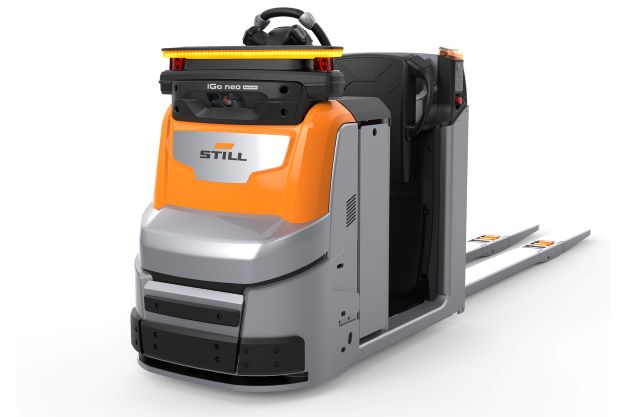Briggs Equipment, one of the UK’s premier asset management and engineering services specialists, has underlined its ongoing commitment to sustainability by becoming an officially accredited carbon neutral business. The company will also be implementing a wide-ranging environmental strategy that will ensure Briggs and its customers can continue to operate in a sustainable fashion moving forward.
Working with Carbon Neutral Britain, Briggs is offsetting its carbon footprint via approved projects that contribute towards protecting the environment and supporting communities across the world with sustainable development. Additionally, Briggs is pledging to plant a tree for every new machine it sells. This activity will see thousands of new trees planted in the UK each year.
To support this initial work, the company is exploring a wide range of transformational infrastructure projects. This includes investigating the installation of green energy options like solar and wind power for onsite storage, the continued roll-out of hybrid and electric vehicles in its company fleet, the installation of electric charging points at Briggs locations, ongoing promotion of green technology and much more.
Sustainability forms a key part of the company’s overall business strategy moving forward, which means customers can build their carbon strategy with Briggs in the confidence that their equipment partner is fully committed to sustainable working.
In recent years there have been significant technological advancements in battery technology, bringing electrification to more and more applications and larger and larger equipment. This applies across the spectrum from warehouse operations to ports and container handling. These developments have enabled Briggs customers to invest with confidence in electrification across their equipment fleets and as a result they’re experiencing significant environmental benefits and uncompromised performance.
Briggs Equipment’s Group Managing Director, Pete Jones, commented: “We’re incredibly passionate about our environmental responsibilities and recognise the importance of operating as a sustainable organisation. This new programme of activity is a natural evolution for our business as for many years we’ve provided our customers with various tools to reduce their, and our, environmental impact. Our certification and offsetting initiative with Carbon Neutral Britain provides an umbrella for all these activities to come together as a comprehensive approach. We are pushing forward with a wide range of projects and initiatives that will deliver significant benefits and allow our customers to build their carbon strategy in partnership with us.
“We’re also exploring various infrastructure projects for renewable energy generation at our premises that will contribute significantly to our green objectives. The phasing out of diesel and petrol vehicles from our company fleet, switching to hybrid and electric vehicles is already well underway.
“Many of our customers are also embarking on their own ‘green journey’ and we are pleased to see the industry responding to the challenges ahead. Briggs is here to support those companies as they evolve towards a more sustainable model of working.”











